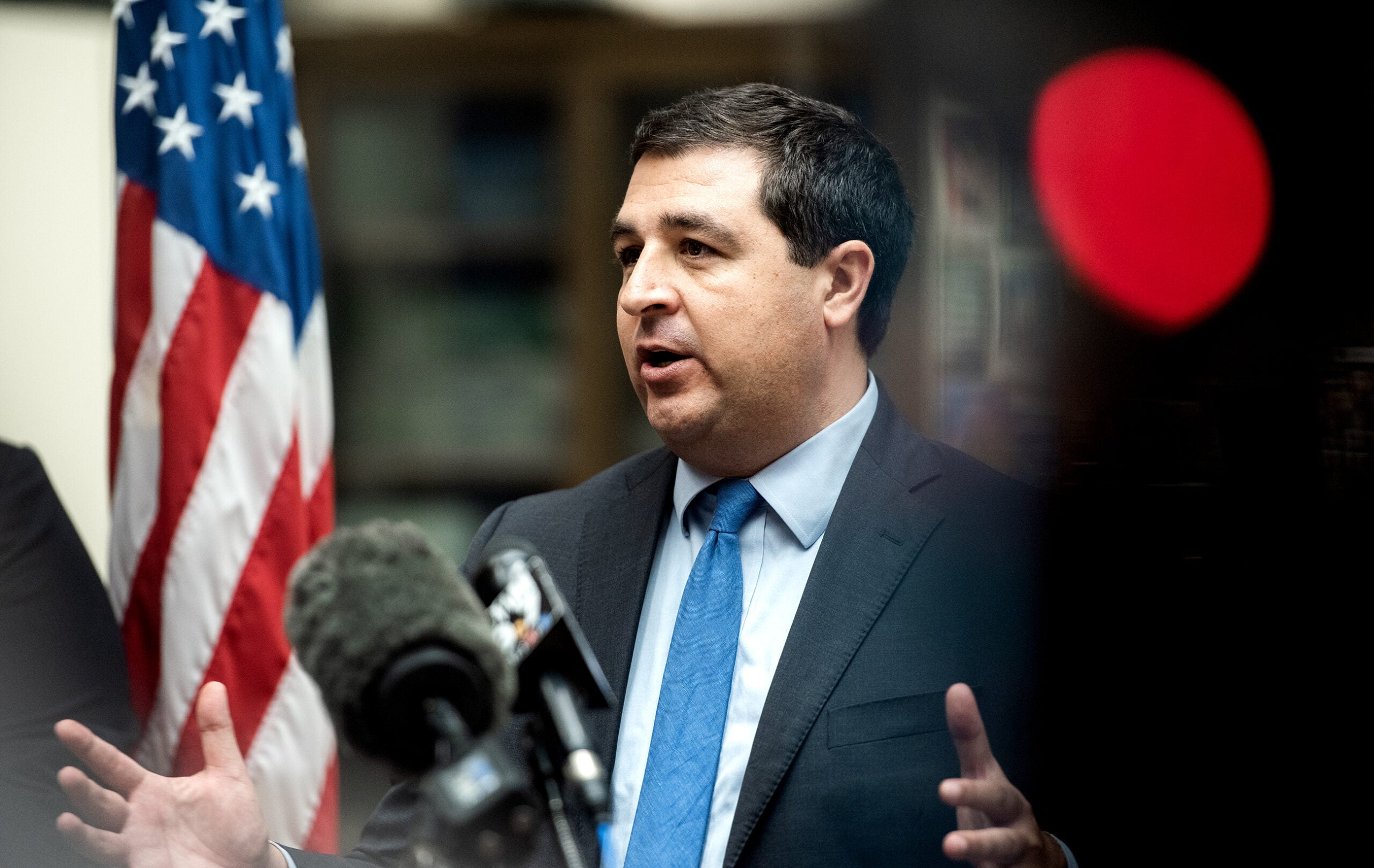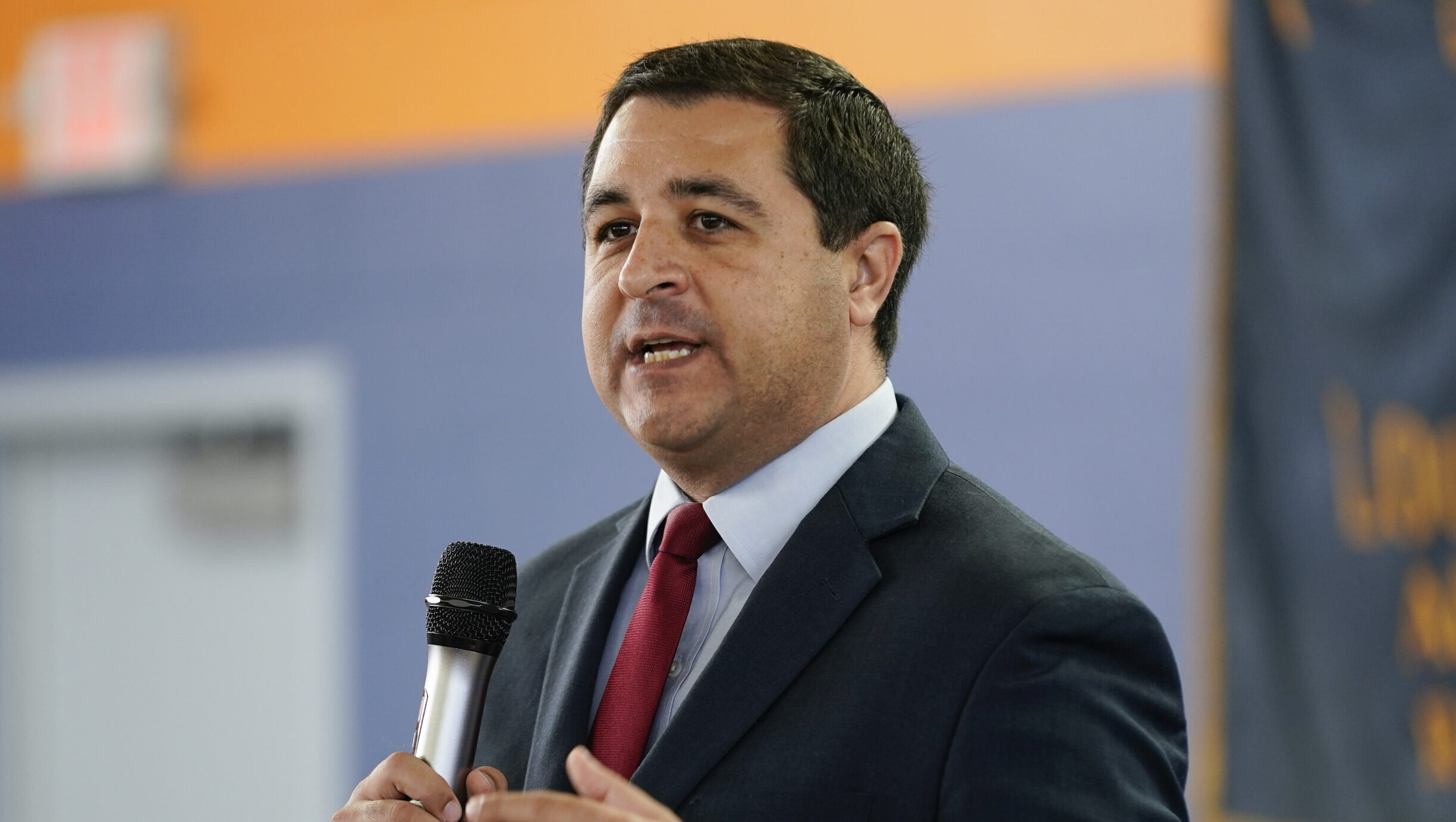Gov. Tony Evers has sided with unions in a lawsuit seeking to overturn laws Republicans passed in December’s lame-duck session, asking a judge to block the laws immediately.
Attorneys for Evers — who is officially a defendant in the case — told the court in a brief submitted Wednesday that GOP lawmakers had substantially interfered with Evers’ powers as governor, which are guaranteed by the state constitution.
“The legislation drastically narrowed the power of these executive offices in favor of the Republican Legislature, or in some cases, a subset of the Legislature,” wrote Evers’ lawyers in a brief filed in Dane County Circuit Court. “This transparent and rushed attempt to stymie the incoming administrations went too far.”
News with a little more humanity
WPR’s “Wisconsin Today” newsletter keeps you connected to the state you love without feeling overwhelmed. No paywall. No agenda. No corporate filter.
The lawsuit filed by the Service Employees International Union and others in organized labor contends Republicans violated the state constitution’s separation of powers guarantees by granting too much executive power to the Legislature.
In their brief supporting that argument, Evers’ lawyers focused on the law’s new requirements for state agencies that are under the governor’s control. Those agencies will now have to submit and publish “guidance documents” for a wide variety of decisions they make in state government.
“A conservative estimate is that there are over 200,000 existing agency guidance documents across state government,” Evers’ brief reads. “Agencies will also have to delay other projects and duties in order to comply with the guidance document requirements.”
The governor’s lawyers contend the new requirements will also result in some guidance documents not being published.
“A major task of most agencies is to administer the law and help individuals, businesses, local governments and those subject to regulation understand the law and how it applies to them,” the brief reads. “The ultimate impact will fall on those who rely on government interpretations of the law for services and help, including the unemployed and disabled.”
The SEIU lawsuit is one of three cases that have been filed against the lame-duck session.
The other lawsuit filed in state court is based entirely on a procedural argument. That case, filed by the League of Women Voters of Wisconsin among other groups, argues that because the constitution does not explicitly allow for extraordinary sessions of the Legislature, the entire session was unlawful.
The third case, which is in federal court, is challenging early voting restrictions passed as part of the lame-duck session. A judge sided with plaintiffs in that case, putting the restrictions on hold.
Hearings in the two state lawsuits are scheduled for March.
Wisconsin Public Radio, © Copyright 2025, Board of Regents of the University of Wisconsin System and Wisconsin Educational Communications Board.






